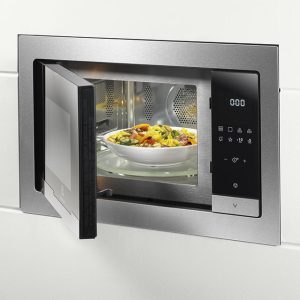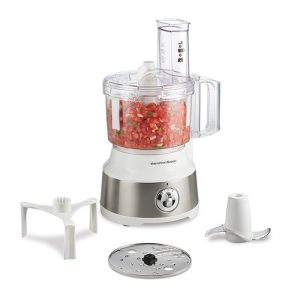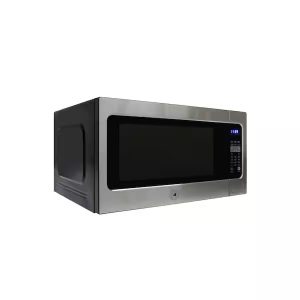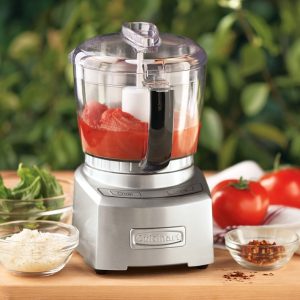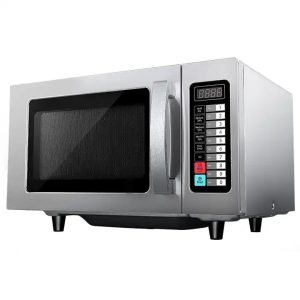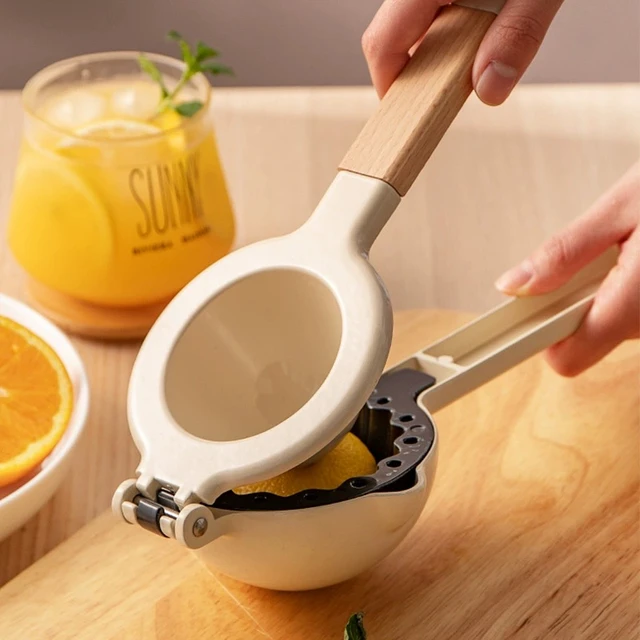
Introduction
Breville juicers are popular kitchen appliances known for their efficient juice extraction capabilities. When using a Breville juicer, it is important to understand the shelf life and storage considerations of the freshly extracted juice. The storage duration largely depends on the type of juice, specific fruit or vegetable used, and the storage conditions. In this guide, we will explore the factors that influence the storage life of Breville juicer juice and provide tips on prolonging its freshness. By following these guidelines, you can enjoy the maximum shelf life and quality of your freshly extracted juice.
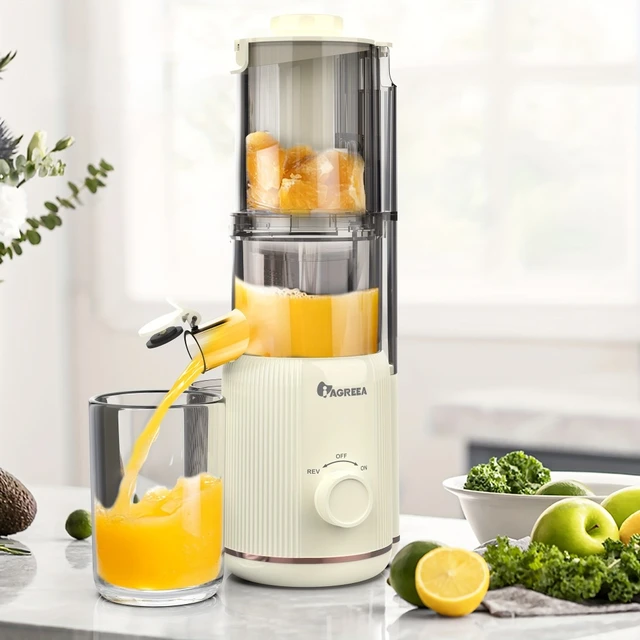
How long can you store juice from a Breville juicer?
Factors Affecting Juice Storage Life
1.1. Type of Juice
The shelf life of juice extracted from a Breville juicer depends on the type of juice being stored. Citrus juices, such as orange or grapefruit, tend to have a shorter shelf life due to their higher acidity content. On the other hand, vegetable-based juices like carrot or beet juice can typically last slightly longer.
1.2. Fruit and Vegetable Varieties
Different fruits and vegetables have varying enzymatic activities and natural oxidation rates, which impact the storage life of their juices. For example, certain fruits like apples or pears may oxidize faster than others, leading to a shorter storage duration if not properly managed.
1.3. Additives and Stabilizers
The addition of additives or preservatives can extend the shelf life of juice. However, maintaining the natural freshness and taste of freshly squeezed juice without additives is often preferable. Consequently, this guide focuses on maximizing the storage life without the use of artificial additives.
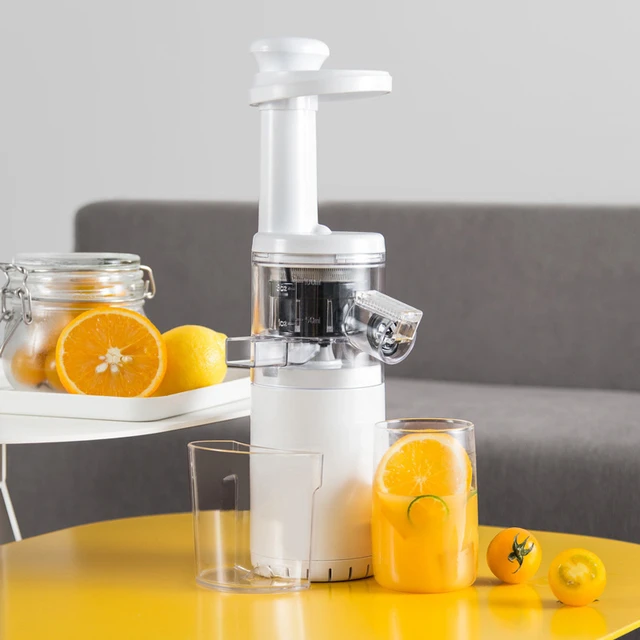
Shelf Life of Different Juices
2.1. Citrus Juice (Orange, Lemon, Grapefruit)
Freshly squeezed citrus juices generally have a shorter shelf life due to their higher acidity content. They are best consumed immediately after extraction or within 1-2 days when stored properly. Citrus juices tend to lose their flavor and freshness quickly, and extended storage may result in an unpleasant taste.
2.2. Vegetable Juice (Carrot, Beet, Green Vegetables)
Vegetable juices have a longer shelf life compared to citrus juices due to their lower acidity levels. When stored well, vegetable juices can typically last up to 3-4 days in the refrigerator. However, some juices, such as vibrant green juices or those containing leafy greens, may oxidize faster and are best consumed within 1-2 days.
Tips for Extending Juice Shelf Life
3.1. Optimal Juicing Practices
To maximize the storage life of Breville juicer juice, it is important to follow optimal juicing practices. Ensure that the fruits and vegetables used are fresh and free from any spoilage or mold. Proper cleaning of produce and the juicer itself helps minimize bacterial contamination that can affect juice shelf life.
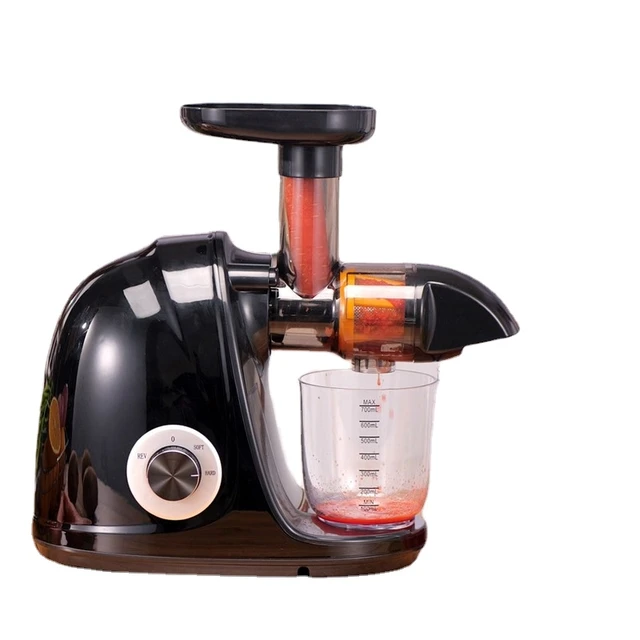
3.2. Cold Extraction
Cold extraction, or juicing using a Breville juicer at lower speeds, helps to reduce heat generation during the juicing process. Heat can accelerate enzymatic reactions and oxidation, leading to a shorter storage life. Opting for cold extraction preserves more nutrients and freshness in the juice, extending its shelf life.
3.3. Immediate Refrigeration
After extraction, immediately transfer the juice to airtight containers and store them in the refrigerator. Refrigeration halts the growth of bacteria and other microorganisms, helping to maintain freshness and extend the juice’s shelf life.
3.4. Airtight Containers
Choosing airtight containers for storing juice is essential for preventing exposure to oxygen, which accelerates oxidation. Mason jars, glass bottles, or BPA-free plastic containers with tight-fitting lids are excellent options for maintaining freshness. Fill the containers to the brim to minimize the presence of air, further reducing oxidation.
3.5. Temperature Control
Maintain a consistent refrigerator temperature of 40°F (4°C) or lower to slow down enzymatic reactions and inhibit bacterial growth. Avoid storing juice near the refrigerator door or in warm spots, as temperature fluctuations can negatively impact the juice’s quality and storage life.
3.6. Minimize Exposure to Light
Store juice in opaque containers or in a dark corner of the refrigerator to minimize exposure to light. Light can degrade the nutrients and freshness of juice over time.
Signs of Spoilage
4.1. Color and Appearance
Check the color and appearance of the juice before consumption. If the juice appears significantly darker or has an off-color, it may indicate spoilage and should be discarded.
4.2. Oxidation
Oxidized juice may have a brownish tinge or exhibit a drastic change in taste and aroma. If the juice tastes stale, lacks freshness, or has an unpleasant odor, it is likely spoiled and should not be consumed.
4.3. Bacterial Growth
If there are signs of mold, visible growth, or an abnormal texture in the juice, it is an indication of bacterial contamination. In such cases, it is best to discard the juice.
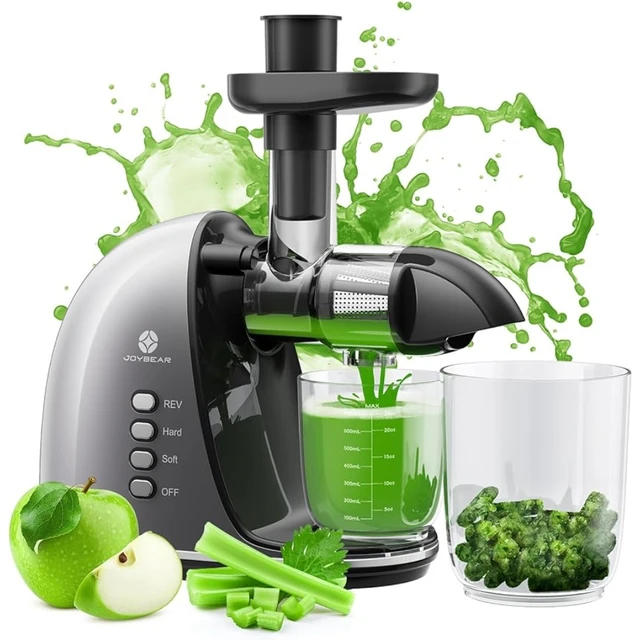
Freezing Breville Juicer Juice
5.1. Freezing for Extended Storage
If you want to extend the storage life of Breville juicer juice beyond a few days, freezing can be a viable option. Transfer the juice to BPA-free containers, leaving some headspace to account for expansion during freezing. Label the containers with the date and contents for easy reference.
5.2. Freezing Techniques
There are two common freezing techniques for juice: freezing in ice cube trays or as larger portions. Freezing in ice cube trays allows for convenient portion control, while freezing in larger containers preserves the juice in a single batch. When ready to consume, thaw the frozen juice in the refrigerator and shake well before serving.
5.3. Extended Shelf Life
Properly frozen juice can maintain its quality for up to 3 months in the freezer. However, it is important to note that freezing can slightly alter the texture and taste of the juice. Frequent taste tests are advisable to ensure the juice remains enjoyable.

Conclusion
Breville juicers are excellent appliances for extracting fresh, nutritious juice. When it comes to storing the juice, the shelf life largely depends on factors such as the type of juice, specific fruit or vegetable used, and proper storage practices. Citrus juices have a shorter shelf life compared to vegetable juices. To maximize the shelf life, follow optimal juicing practices, refrigerate immediately, use airtight containers, control the temperature, and minimize exposure to light. Freezing juice can also extend its storage life for several months. By adhering to these guidelines, you can enjoy the maximum freshness and nutritional value of your Breville juicer juice, even when stored for a longer duration.
